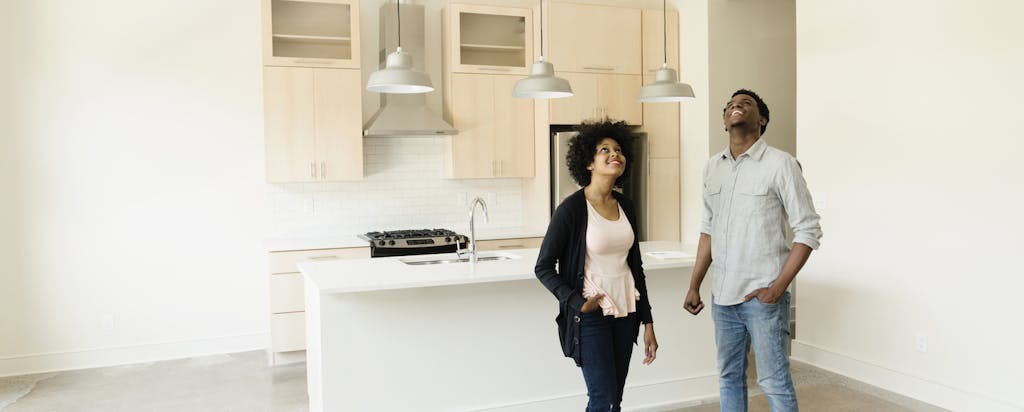In a Nutshell
A home inspection usually costs a few hundred dollars, and homebuyers are responsible for requesting and paying for them. The inspection is optional, but it can give valuable insight into the condition of your future home.After you make an offer on a house, you’ll more than likely want to schedule a home inspection.
A home inspection typically costs between $300 and $500, but you’re spending this money upfront to protect yourself from unexpected problems later. A home inspector can help you decide whether the home is in acceptable condition for you. You also may be able to negotiate for the sale of the home to be contingent on the results of the inspection.
- What does a home inspector do?
- What does a home inspector look for?
- What fixes are required after a home inspection?
- What’s the difference between a home inspection and appraisal?
What does a home inspector do?
Home inspectors personally verify the safety and condition of the home’s structure, construction and mechanical systems. They’ll also assess the heating, ventilation and air conditioning system, as well as the plumbing and electrical systems. The inspection report will typically note any repairs that might be necessary and the remaining useful life of major systems, equipment and finishes.
As a homebuyer, you have the right to request a home inspection. Completing an inspection isn’t a legal requirement when buying a house, but it’s your chance to learn more about the property’s condition through the eyes of a trained home inspector.
Some states require home inspectors to be licensed through a local licensing authority. Certain states may require inspectors to undergo certification through a professional organization, like the American Society of Home Inspectors or the International Association of Certified Home Inspectors. These organizations enforce a standard of procedures, training and examinations as well as a code of ethics.
Keep in mind that the inspection is independent of the lending process. If you decide to order a home inspection, you will need to pay for it. Scheduling a home inspection as soon as you can is ideal so you have ample time to address any issues that arise from the report.
What does a home inspector look for?
On the day of the home inspection, the inspector will walk through the property, noting the condition of the various components of the home, including any issues with the foundation, roof and electrical, plumbing or ventilation systems.
Although it’s not required, attending the inspection can give you greater insight into the condition of the home. If an inspector discourages your presence, consider that a warning to look elsewhere.
How long does a home inspection take?
An inspection for a standard single-family home takes about two to three hours. You can expect to receive the inspection report within 24 hours, but the time frame may vary.
What fixes are required after a home inspection?
No mandatory repairs or corrections are required after a home inspection, but you may have important decisions to make.
When negotiating with the seller, you might consider asking to include an inspection contingency in the purchase agreement. This protects you as a buyer. If the home inspection turns up problems, you’ll need to decide whether those issues are acceptable as-is or if you want to negotiate for corrections. You also could decide to walk away from the deal.
What’s the difference between a home inspection and appraisal?
There are important differences between a home inspection and a home appraisal.
A home inspection assesses the condition of a home and is meant to primarily serve the buyer. On the other hand, an appraisal — which is an independent assessment of a home’s market value — is conducted to help the lender set the loan amount based on the fair market value of the home. This value is determined by many factors, including the value of comparable homes in the area.
Appraisals also protect the lender by verifying that the home, which acts as the collateral for the mortgage loan, is worth the asking price.
Another difference? The appraisal doesn’t go into the same level of detail as a home inspection. The appraisal tells the lender how marketable the home is and that it meets minimum standards. The inspection tells the buyer about the home’s condition in greater detail.
Next steps
Scheduling a home inspection before buying a home helps you understand the existing condition and potential repairs as the future owner of the property. This could potentially save you thousands of dollars in repairs later.
Plus, if your purchase contract at closing includes a home inspection contingency, you can cancel the sale — without penalties — if you’re dissatisfied with the inspection report outcome.
If you’re unsure where to find a reputable home inspector, ask friends and family for referrals. You can also explore inspector listings through professional organizations, including the American Society of Home Inspectors or the International Association of Certified Home Inspectors.


